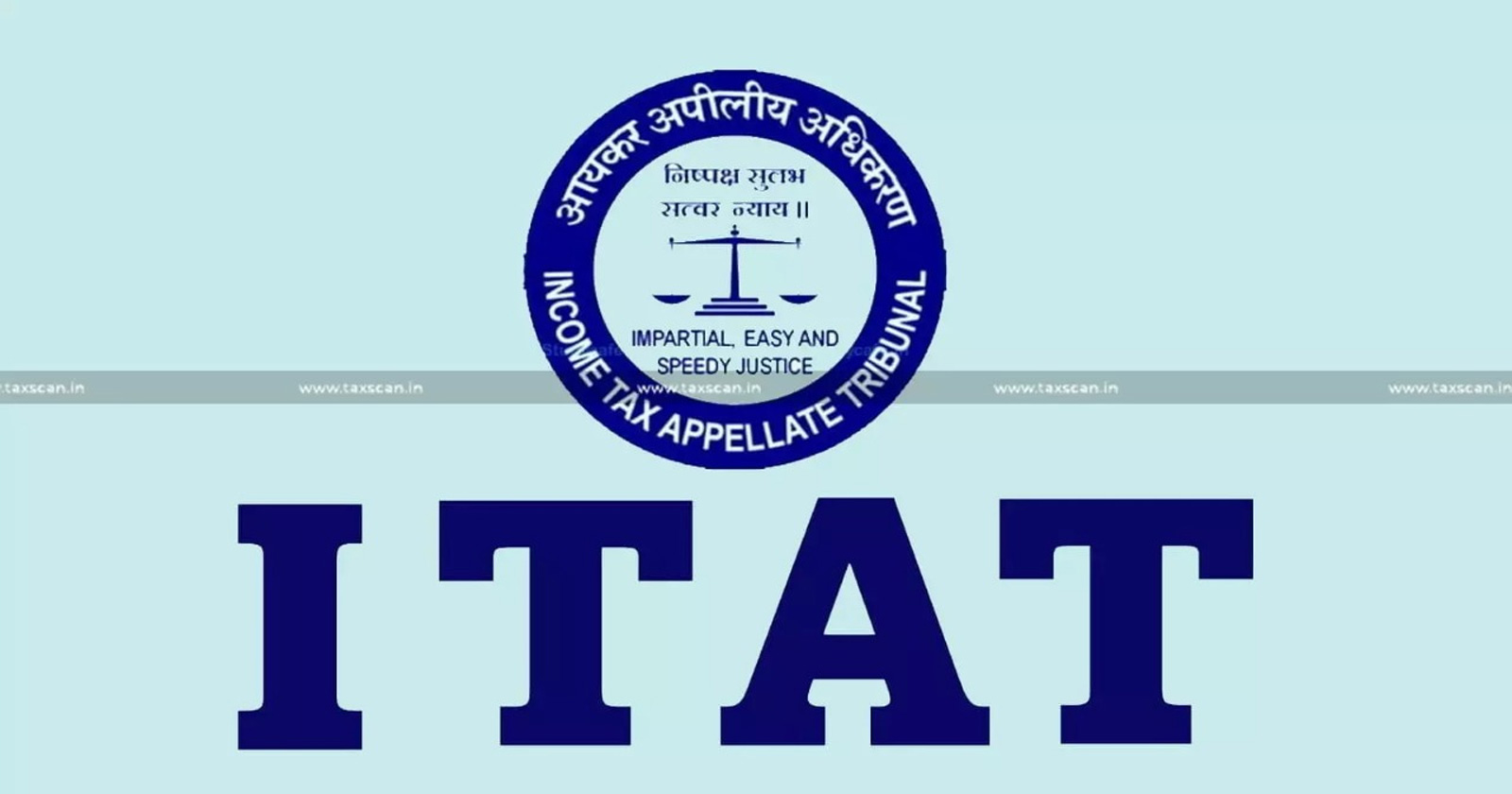Karnataka HC quashes Income Tax Reassessment Notices Issued by Jurisdictional Officers Physically, says Faceless Regime Mandatory [Read Order]
The Court pointed out that once Parliament, through the Finance Act, 2021, laid down a clear procedure for issuing reassessment notices, the tax authorities had no choice but to follow it. They could not fall back on the old system of sending notices physically
![Karnataka HC quashes Income Tax Reassessment Notices Issued by Jurisdictional Officers Physically, says Faceless Regime Mandatory [Read Order] Karnataka HC quashes Income Tax Reassessment Notices Issued by Jurisdictional Officers Physically, says Faceless Regime Mandatory [Read Order]](https://images.taxscan.in/h-upload/2025/10/09/2095038-high-court-income-tax-act-reassessment-faceless-assessment-income-tax-taxscan.webp)
The Karnataka High Court has quashed multiple reassessment notices issued by jurisdictional Income Tax Officers, holding that such notices are without jurisdiction as the Faceless Reassessment Scheme notified on 29 March 2022 makes it mandatory for notices under Sections 147, 148, and 148A of the Income Tax Act to be issued only through the faceless mechanism.
The petitions were filed by individuals and companies including Ramachandra Reddy Ravi Kumar, AMD India Pvt. Ltd., Dr. Ujwala Nagaraja Rao Jagdale, and Navita Bansal, who challenged reassessment notices and orders issued for Assessment Years 2017-18 and 2019-20.
The common grievance raised was that despite the statutory mandate of faceless reassessment, the jurisdictional officers had issued physical notices and passed orders under Section 148A and 148.
Senior counsel for the petitioners argued that once the Finance Act, 2021 introduced the faceless assessment regime and the CBDT notified the E-Assessment of Income Escaping Assessment Scheme, 2022, all reassessment proceedings were required to be automated and faceless.
The counsel relied on rulings of the Madras HC and Telangana HC, which had quashed similar notices while leaving liberty to the Revenue to re-initiate proceedings if upheld by the Supreme Court.
It was further contended that the Supreme Court in Union of India v. Ashish Agarwal, 2022 stated that the new provisions being remedial and benevolent must be strictly adhered to, and notices under the unamended provisions cannot survive.
 Also Read:CIT(Appeals)/NFAC Cannot Dismiss Appeals in Limine without Examining Merits: ITAT [Read Order]
Also Read:CIT(Appeals)/NFAC Cannot Dismiss Appeals in Limine without Examining Merits: ITAT [Read Order]
On the contrary, the Revenue contended that some High Courts, including the Delhi High Court, had upheld reassessment notices by jurisdictional officers and permitted dual modes (physical and faceless). They urged that the matter is pending before the Supreme Court and sought to keep other issues open if reassessments are revived later.
Justice M. Nagaprasanna, observed that Section 151A of the Income Tax Act read with the Faceless Reassessment Scheme, 2022 makes it mandatory for reassessment notices to be issued only through automated allocation and in a faceless manner.
The Court pointed out that once Parliament, through the Finance Act, 2021, laid down a clear procedure for issuing reassessment notices, the tax authorities had no choice but to follow it. They could not fall back on the old system of sending notices physically.
The bench, depending on the principle made by the Supreme Court, added that when the law requires something to be done in a particular way, it must be done in that way alone any other approach is not permitted.
Applying this doctrine, the high Court held that since the very foundation of the reassessment proceedings the initial notices had been issued in violation of the statutory mandate, all consequential orders and proceedings stood vitiated.
Accordingly, the High Court therefore struck down the reassessment notices and orders, finding them procedurally invalid and beyond the jurisdiction of the officers who issued them. At the same time, the Court made it clear that this does not take away the Revenue’s power to start the process afresh.
If the Supreme Court upholds the legal basis for such reassessments, the Department would be free to re-initiate proceedings, but strictly in line with the faceless reassessment regime laid down by law.
Support our journalism by subscribing to Taxscan premium. Follow us on Telegram for quick updates


